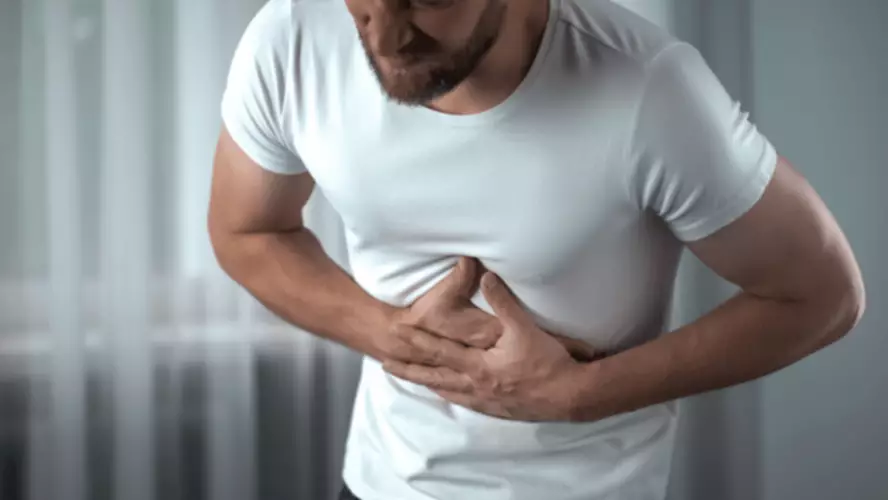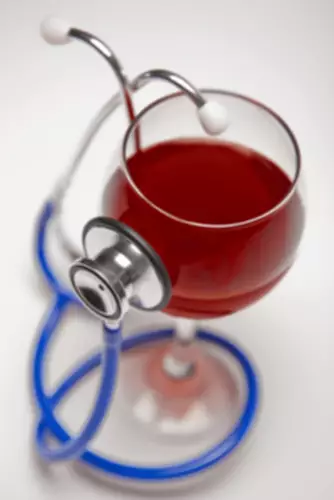Even if someone starts drinking alcohol as a way to cope with anxiety, it can quickly have the opposite effect. For one, drinking alcohol more frequently or having larger amounts can cause hangovers. Long-term alcohol use also often leads to tolerance, when a person needs to drink more to get the desired effect. For example, a person might have started feeling more relaxed after just one glass of wine. As time goes on, however, they might find they need two, three, or more glasses of alcohol to get the same feeling. Alcohol can produce a sense of euphoria and decrease a person’s inhibition.
Alcohol can lead to withdrawal symptoms
Recent “big data” modeling approaches have advanced the understanding of epidemiological data related to the association between anxiety disorder subtypes and risk for alcohol misuse. does alcohol cause panic attacks Alcohol-induced panic attacks are scary and you might feel like cutting down on your drinking. If the alcohol panic attack is hangover related, that is a warning sign as well.
How do I stop anxiety after drinking?

If you are using alcohol as a self-medicating measure, you might feel it “works” to help you cope with your symptoms. While you might feel that it works in the short term, it’s more likely to cause you problems in the long run. If you have an anxiety disorder, alcohol misuse and withdrawal can make your symptoms worse. The initial symptoms of anxiety and panic may be related to alcohol withdrawal. It could also be that alcohol use provides a mechanism for these disorders to develop. The onset of symptoms related to social anxiety disorder and agoraphobia can be a trigger for some people to develop unhealthy relationships with alcohol.
Can I drink alcohol to cope with anxiety and panic attacks?
For most people, the symptoms will peak during the first few days, but they can continue for weeks. If there’s no underlying physical cause, your provider may make a diagnosis according to your symptoms and risk factors. People assigned female at birth (AFAB) are two times more likely to have panic disorder than people assigned male at birth (AMAB). Every year, up to 11% of people in the United States experience a panic attack. Anxiety often causes physical symptoms, such as a racing heart or knots in your stomach. But these symptoms are generally less intense and last longer than a panic attack, which has very intense but brief symptoms.

Foods and Drinks Linked to Anxiety: What to Avoid and What to Eat – U.S. News & World Report
Foods and Drinks Linked to Anxiety: What to Avoid and What to Eat.
Posted: Fri, 17 Mar 2023 07:00:00 GMT [source]
If you’ve never had a panic attack before, then it is important to undergo a physical health exam to make sure that this is what is occurring. Your physician may also inquire about your substance use habits, and it is important to be honest. If you find out that your alcohol use is contributing to panic attacks, then finding effective ways to quit drinking can help you find relief.
Contact Recovery Without Walls for Safe Alcohol Withdrawal
Co-Occurring Alcohol Use Disorder and Anxiety
- This can be dangerously addictive if you have frequent anxious thoughts.
- This increase can lead to a drop in your blood sugar (glucose) levels, and when this is too low it is known as hypoglycaemia.
- However, research has revealed that there is a link between alcohol use disorders and the diagnosis of coexisting anxiety disorders of all types.
